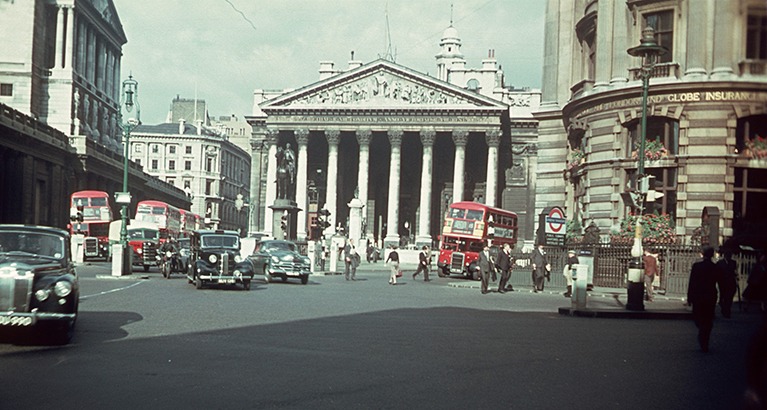The new working paper focusing on the ONS’s methodology is a follow-up to a related paper by Bill issued in September 2024 that said the data distortions portrayed recessions as years of expansions, “implausibly uplifted” Britain’s investment and output growth record of the immediate post-war years, and reshaped and re-timed business cycles.
“Thanks to the mistakes made by the ONS, today’s economic historian trying to learn lessons from the inflationary boom in the early 1970s will find incredibly that it began before the infamous U-turn by Chancellor Anthony Barber” in 1972 when taxes were cut and the government let the pound slide. The statistics agency is currently conducting a new investigation in response to Bill’s earlier paper.
Bill notes: “The ONS now has an opportunity to put the data on a footing that justifies the official kite mark of quality.”
High-quality data is essential for good governance. Bill’s painstaking r.esearch has highlighted some serious problems with historical ONS data.
Simon Deakin, Director of the CBR, adds: “High-quality data is essential for good governance. Bill’s painstaking research has highlighted some serious problems with historical ONS data. Correcting these will not just aid researchers, but will promote better-informed and, ultimately, improved policy making.”
Official inquiry found problems at the top of the ONS
Earlier this year, the UK government asked a former top civil servant, Sir Robert Devereux, to conduct an independent investigation of the ONS. He concluded that most of the agency’s problems reflected “choices made at the top of ONS, over several years” including a reluctance to hear and act on difficult news developments.
An “interest in the new”, he concluded, diverted attention from the “less exciting but crucial task” of producing core economic data to guide important policy decisions.
Featured research
Martin, B. (2025) “How not to backcast time series data, or why Britain’s post-war national accounts could still lead you astray.” Centre for Business Research (CBR) Working Papers, No.543. Cambridge: University of Cambridge.
Martin, B. (2024) “You really never had it so good, or why Britain’s post-war national accounts could lead you astray.” Centre for Business Research (CBR) Working Papers, No.541. Cambridge: University of Cambridge.
“Independent Review by Sir Robert Devereux KCB, June 2025.” gov.uk, 26 June 2025





